Feeling tired? Never enough time to get everything done? Learning how to effectively delegate can reduce stress and get more accomplished. There are five reasons people do not like to delegate. Identifying your reluctance can be the first step towards learning to delegate strategically.
It might not be done my way.
As we know from personality training, people do have different work styles. It is hard to delegate something if you expect the person to do it your way. Give them clear directions, train them and give them the tools needed to do the project. Clearly state the desired end results. Trust them to complete the project even if the process may be different than your own. It lets others feel they are an important part of the project, too.
Can’t rely on someone else to get it done on time.
Delegation is about building skills in others. You can delegate on different levels depending on the experience of the person. You can ask them to report to you on a regular basis – daily, weekly, or monthly. Or you can ask them to investigate and make a decision but run their decision by you before taking action. This still gives you some control until they are ready to manage the process on their own.
Don’t have the time to teach someone how to do it.
It takes time to make time. Yes, it takes time to properly train someone and to follow-up to make sure they understand and can complete the project correctly. But once you’ve taken the time, you can let the designee make the decision, act on it, and you do not have to worry about it again. Suddenly, you will find you have time for more pressing tasks or even relaxation.
Everyone else is too busy.
Delegation can provide an opportunity for people to learn new skills; skills that could be valuable in advancement or training others. You may find they already have the talent and you can just tap into it. Take the first step in showing how delegating can build trust and create buy-in to your project or objective.
Fear if someone else does it, why am I needed?
The best projects and ideas come from teams who bring different perspectives to the table. You have your own unique perspective to bring to every discussion, every project. But if you are willing to let someone else have some of the work, it frees your time to work on a new project or venture and learn advanced skills which are essential in the rapidly changing workplace. The willingness to provide shared leadership is a valued commodity in any organization.
Remember to focus on what’s important for the job, the customer, and the organization. It will make you more efficient and valuable in the long run if you are willing to invest in others.
